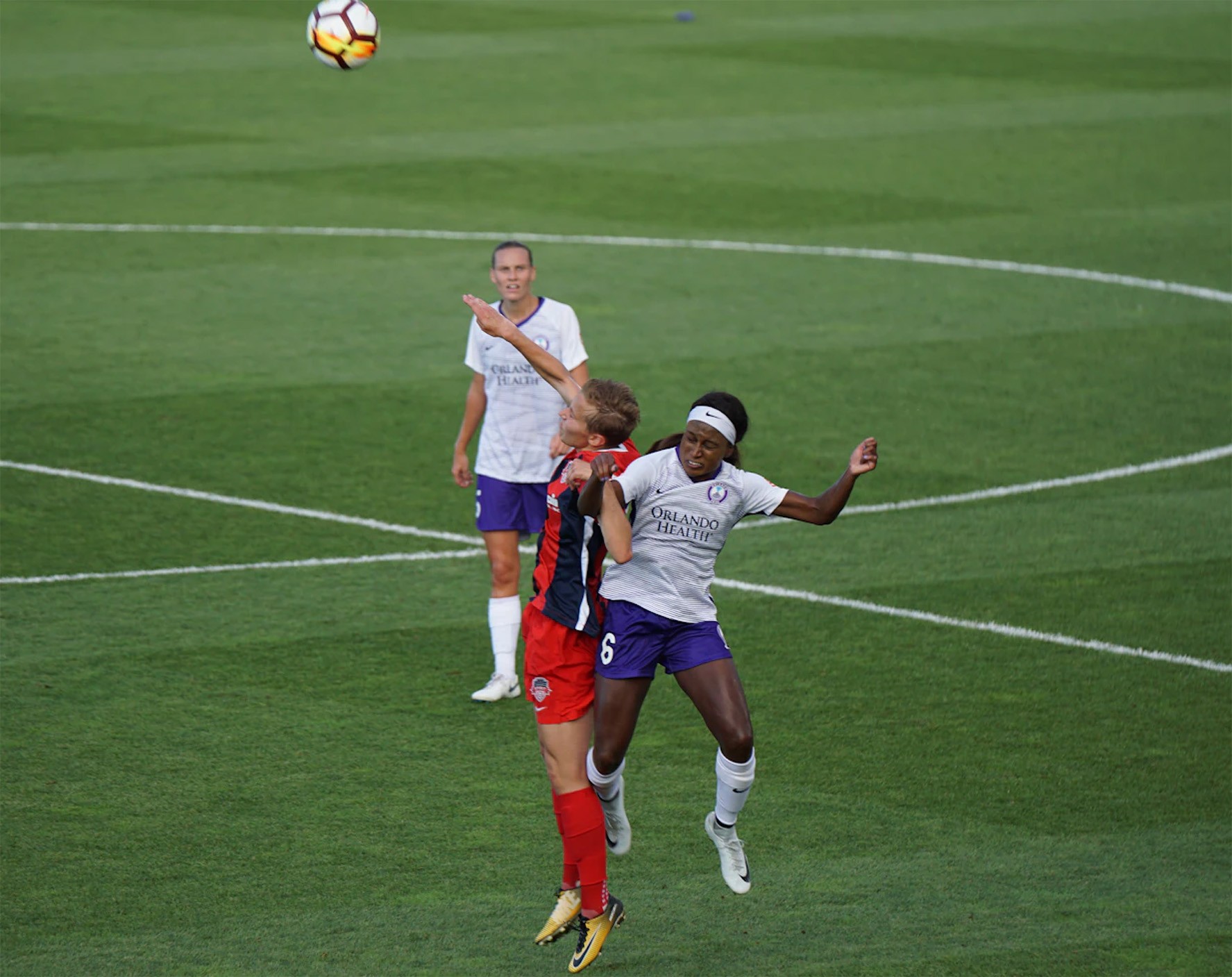
Shifting Dynamics: Private Equity’s Influence on the Game
In the dynamic world of professional sports ownership, a significant evolution is underway, reshaping the landscape in ways that might have eluded even the most ardent sports fans. Recent changes in ownership structures have opened the door for private equity firms and institutional investors to join the fray, altering team management dynamics, injecting fresh capital, and introducing a new era of ownership across global sports clubs. This transformation brings exciting opportunities, but it also ushers in a host of potential risks for investors, team owners, and leagues.

The Unfolding Ownership Revolution
Traditionally, sports teams found their owners among high-net-worth individuals and corporations. However, recent rule adjustments have dismantled barriers that once excluded private equity (PE) firms from holding stakes in professional sports clubs. In 2019, Major League Baseball paved the way for PE investments, allowing institutional investors to secure ownership positions in multiple teams. This shift has reverberated across major leagues, including the NBA, NHL, and MLS, with discussions ongoing in the NFL about potential changes in ownership rules.
While the United States experienced a delayed embrace of this transformation, Europe had witnessed PE firms investing in sports teams since the early 2000s. Major investment players, such as Elliott Management and RedBird Capital Partners, have taken ownership roles in renowned football clubs. This diversification is not confined to football; firms like CVC Capital Partners and Arctos Partners have expanded their portfolios by investing in various sports leagues globally.

Democratizing Sports Equity
The infusion of private equity into sports teams has elevated their value, providing essential funds for player acquisitions, operational enhancements, and overall team development. This democratization of sports equity is evident as ownership becomes more diverse, attracting investors beyond the traditional billionaire class. While this democratization opens new avenues for investment, it simultaneously introduces uncertainties and risks that require meticulous consideration.
Navigating Risks with Due Diligence
As the sports ownership landscape undergoes a paradigm shift, due diligence emerges as a pivotal aspect of ensuring sustainable and responsible investments. Beyond financial stability, a comprehensive pre-investment investigation should delve into potential reputational risks associated with new investors. Key considerations include:
- Reputation Assessment: Evaluate the reputation of the PE firm or institutional investor, scrutinizing their track record in similar minority roles and assessing the individuals representing them.
- Behavioral Analysis: Examine the previous behavior of new investors, particularly in minority positions. Explore their experiences in other industries and the reputations of the individuals involved.
- Transparency Considerations: Recognize potential transparency issues concerning the identities of investors in a PE fund. Initiate targeted investigations to uncover information about fund investors.
- Ethical and Legal Scrutiny: Scrutinize any history of unethical behavior, legal issues, or controversies associated with the PE firm or its key personnel.

Conclusion
The evolving landscape of sports ownership introduces thrilling opportunities but demands a strategic approach to risk management. Investing in sports equity can be a game-changer, provided stakeholders prioritize thorough due diligence. As sports organizations navigate this new era of ownership, proactive risk identification and threat prevention will be crucial in ensuring a successful game for all parties involved.

Danny Cortenraede is a global serial entrepreneur and investor. He is the founder of InStudio Ventures, based in Los Angeles, CA.
Recent Insights
Shifting Dynamics: Private Equity’s Influence on the Game
In the dynamic world of professional sports ownership, a significant evolution is underway, reshaping the landscape in ways that might have eluded even the most ardent sports fans. Recent changes in ownership structures have opened the door for private equity firms and institutional investors to join the fray, altering team management dynamics, injecting fresh capital, and introducing a new era of ownership across global sports clubs. This transformation brings exciting opportunities, but it also ushers in a host of potential risks for investors, team owners, and leagues.

The Unfolding Ownership Revolution
Traditionally, sports teams found their owners among high-net-worth individuals and corporations. However, recent rule adjustments have dismantled barriers that once excluded private equity (PE) firms from holding stakes in professional sports clubs. In 2019, Major League Baseball paved the way for PE investments, allowing institutional investors to secure ownership positions in multiple teams. This shift has reverberated across major leagues, including the NBA, NHL, and MLS, with discussions ongoing in the NFL about potential changes in ownership rules.
While the United States experienced a delayed embrace of this transformation, Europe had witnessed PE firms investing in sports teams since the early 2000s. Major investment players, such as Elliott Management and RedBird Capital Partners, have taken ownership roles in renowned football clubs. This diversification is not confined to football; firms like CVC Capital Partners and Arctos Partners have expanded their portfolios by investing in various sports leagues globally.

Democratizing Sports Equity
The infusion of private equity into sports teams has elevated their value, providing essential funds for player acquisitions, operational enhancements, and overall team development. This democratization of sports equity is evident as ownership becomes more diverse, attracting investors beyond the traditional billionaire class. While this democratization opens new avenues for investment, it simultaneously introduces uncertainties and risks that require meticulous consideration.
Navigating Risks with Due Diligence
As the sports ownership landscape undergoes a paradigm shift, due diligence emerges as a pivotal aspect of ensuring sustainable and responsible investments. Beyond financial stability, a comprehensive pre-investment investigation should delve into potential reputational risks associated with new investors. Key considerations include:
- Reputation Assessment: Evaluate the reputation of the PE firm or institutional investor, scrutinizing their track record in similar minority roles and assessing the individuals representing them.
- Behavioral Analysis: Examine the previous behavior of new investors, particularly in minority positions. Explore their experiences in other industries and the reputations of the individuals involved.
- Transparency Considerations: Recognize potential transparency issues concerning the identities of investors in a PE fund. Initiate targeted investigations to uncover information about fund investors.
- Ethical and Legal Scrutiny: Scrutinize any history of unethical behavior, legal issues, or controversies associated with the PE firm or its key personnel.

Conclusion
The evolving landscape of sports ownership introduces thrilling opportunities but demands a strategic approach to risk management. Investing in sports equity can be a game-changer, provided stakeholders prioritize thorough due diligence. As sports organizations navigate this new era of ownership, proactive risk identification and threat prevention will be crucial in ensuring a successful game for all parties involved.

Danny Cortenraede is a global serial entrepreneur and investor. He is the founder of InStudio Ventures, based in Los Angeles, CA.
Recent Insights


